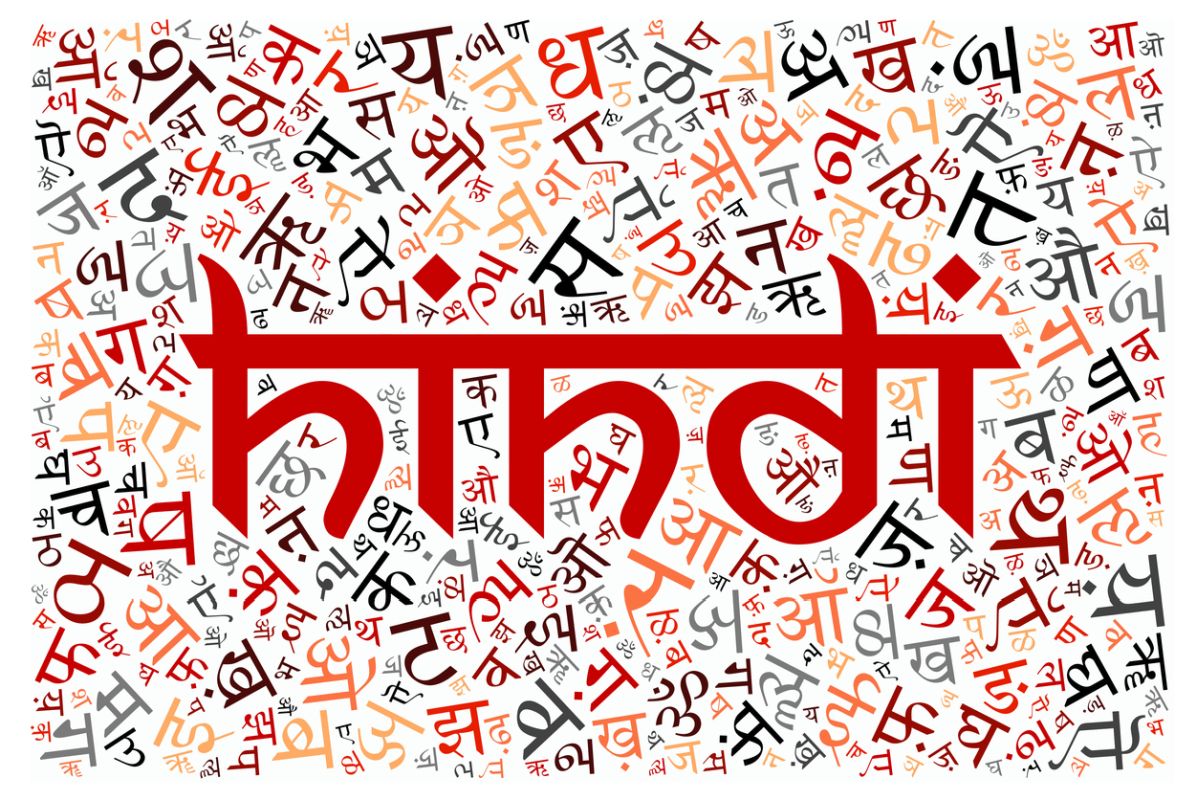Language can be a binding force as well as a separating one, found our Constitution makers. After three years of debate on a National Language, the Constituent Assembly arrived at a compromise called the KM Munshi-Gopalaswamy Ayyangar formula, striking a balance between the demands of all groups. Instead of declaring Hindi as the national language of India, the Assembly adopted it as one of the “Official Languages” of the Union. Since the coming into effect of the Constitution on 26 January 1950 almost every Prime Minister tried to impose Hindi as the national language with no success.
Union Home Minister Amit Shah stirred a hornet’s net on the occasion of “Hindi Diwas” when he proposed to declare Hindi as the national language, claiming that alone could unite the country and it was the language which should become India’s identity globally. All languages listed in the Eighth Schedule of the Constitution are national languages and must be treated equally. Any attempt to impose one of these languages as the sole national language will lead to disruption of the country’s unity and integrity, as past history and experience of the last seven decades show.
Advertisement
One-nation-one language could never become a reality in multi-lingual India. Unity in diversity is the raison d’etre of the nation. Leaders should learn to respect all languages and cultures. If there is one language that can unify the entire country without rousing regional pride and passions, it is English which is also an official language of the country. Sage Chackravarti Rajagopalachari, the first Governor-General of independent India gave the slogan “English ever, Hindi never” to the anti-Hindi agitators in Tamil Nadu in 1967 and ensured continued use of English as an official language.
As Congress Chief Minister of Madras Province in 1937, he tried to propagate Hindi in southern India. On 21 April 1938, he issued a government order making the teaching of Hindi compulsory in all higher secondary schools in the Presidency. It was met with instant opposition and he was forced to resign. He learnt the hard way and became an ardent supporter of anti-Hindi imposition. In 1925, the Indian National Congress switched to conducting its proceedings from English to Hindi. Being an all-India party and drawn up of people of different linguistic backgrounds, the practice was given up subsequently in the name of unity.
Amit Shah’s announcement that Hindi should be made the national language is contrary to the spirit of the Constitution. It met with opposition in all the south Indian States, including Karnataka, ruled by the BJP. Chief Minister Yediyurappa was as vehement as DMK leader MK Stalin in opposing Hindi imposition. Shah regretted there was so much influence of English on school children that they cannot talk in Hindi without its help. Parents throughout India prefer to send their children to English medium rather than Hindi medium schools. Indian identity cannot be linked to Hindi alone. The other official languages also count.
















